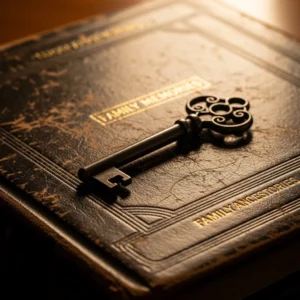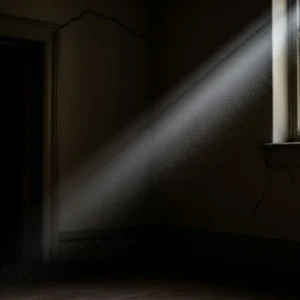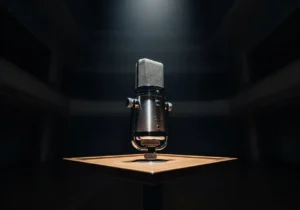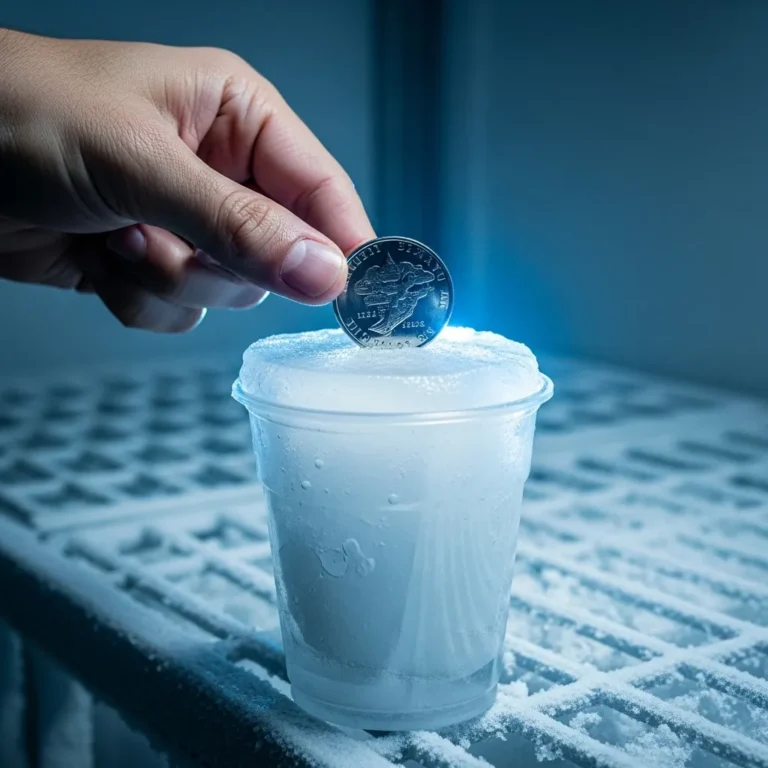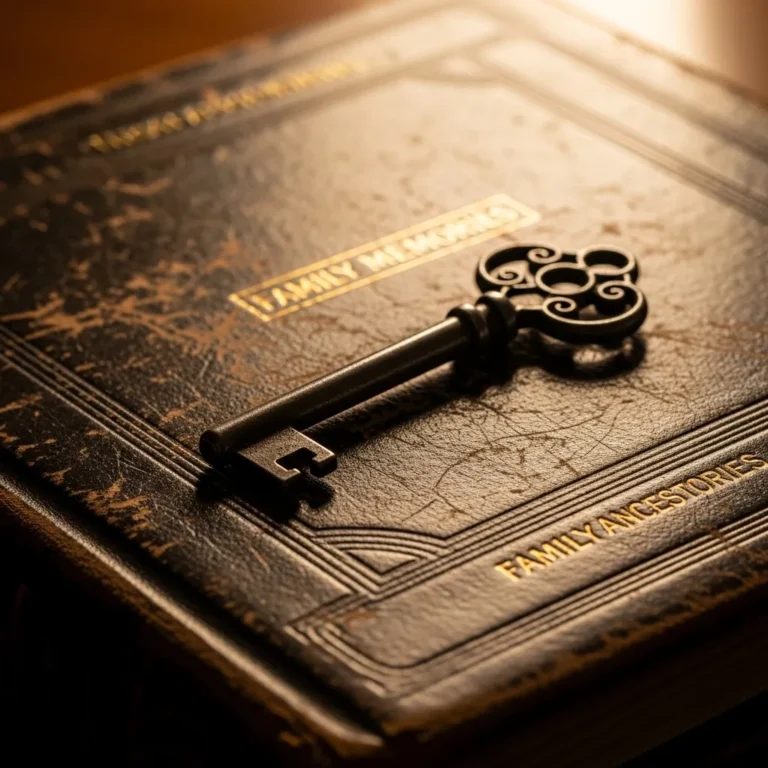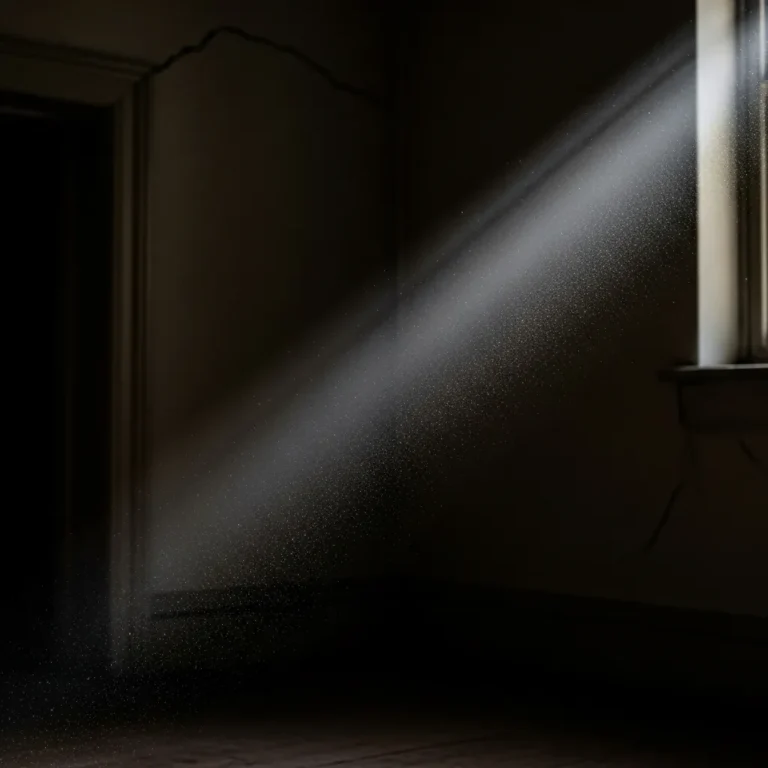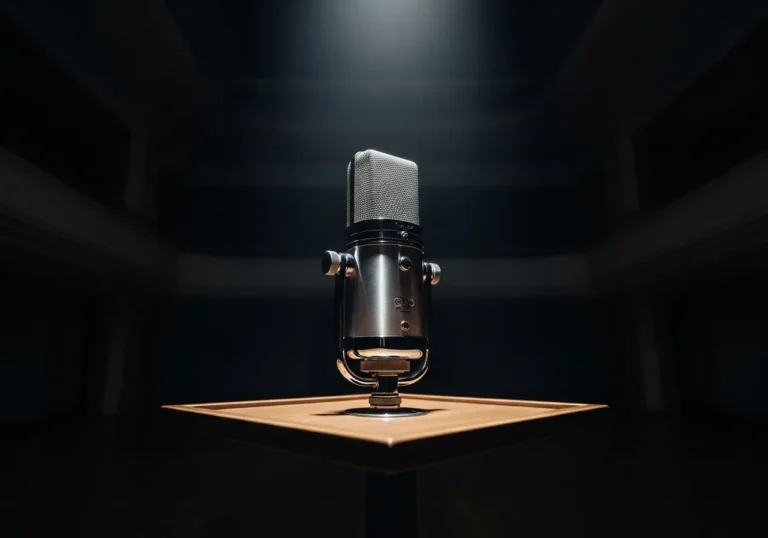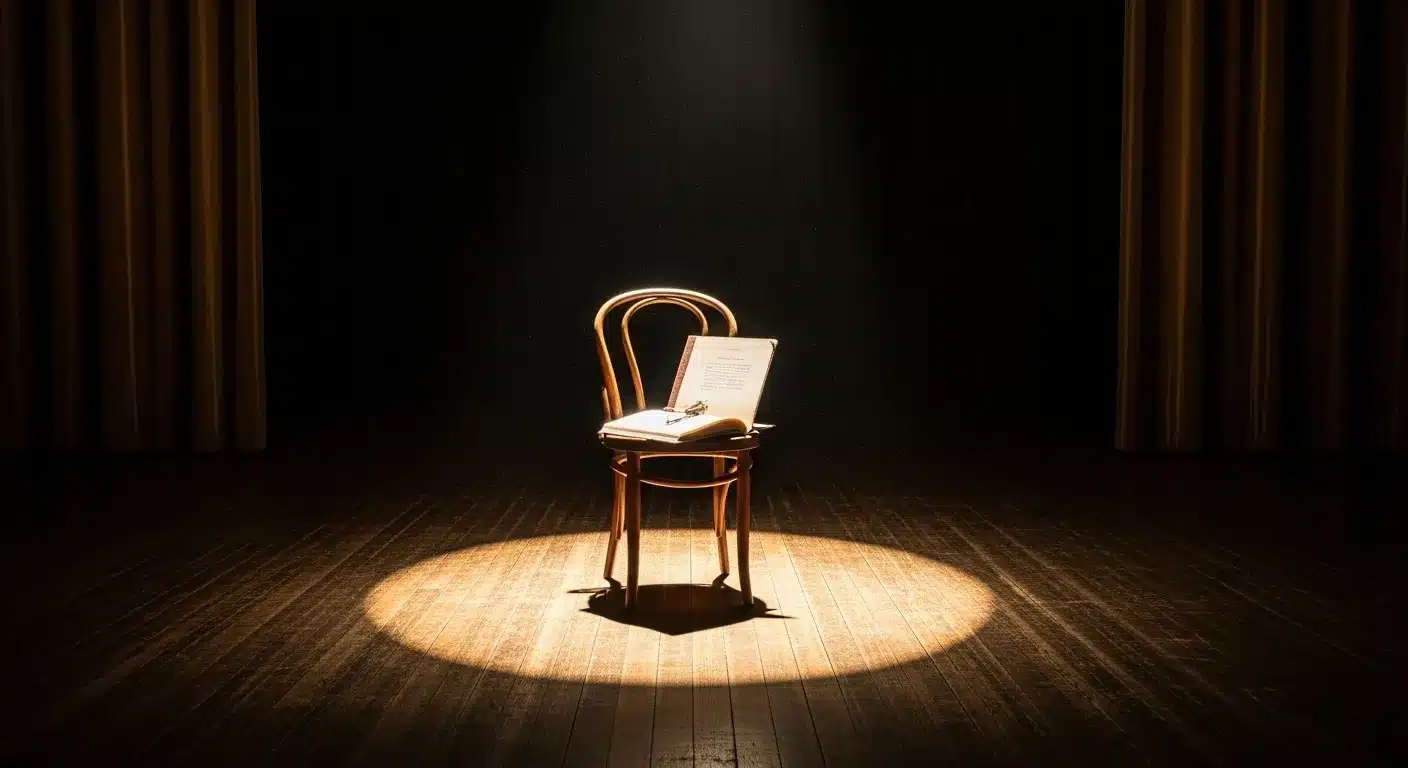
Tyler Perry: Building an Entertainment Studio from the Ground Up
Tyler Perry’s ascent in Hollywood is unlike any other. He built his empire not by following the traditional path, but by creating his own system entirely. He identified and served a massively underserved audience—African American, often church-going communities—and cultivated a loyal fan base that the mainstream industry had long ignored. His story is one of overcoming a traumatic childhood and homelessness to become one of the most successful independent producers in entertainment history.
Born Emmitt Perry Jr. in New Orleans, Louisiana, he had a difficult and abusive childhood, which he has spoken about publicly in detail. He changed his name to Tyler to distance himself from his father. In his early twenties, inspired by an episode of The Oprah Winfrey Show about the therapeutic power of writing, he began to write down his experiences. This led to his first play, I Know I’ve Been Changed.
His initial foray into theater was a failure. He invested his life savings of $12,000 to stage the play in Atlanta in 1992, but it was poorly attended. Over the next six years, he continued to rework the show while working odd jobs, at times living in his car. Instead of giving up, he persisted, and by 1998, he had found his audience. He began touring his plays on the “Chitlin’ Circuit,” a network of theaters that catered to African American audiences, building a massive following city by city.
The Madea Phenomenon and the Rise of a Studio
The creation of the character Mabel “Madea” Simmons, a tough, elderly woman, was a turning point. Madea became the centerpiece of a series of wildly successful plays, and Perry leveraged this success to move into film. His first movie, Diary of a Mad Black Woman (2005), which he wrote and produced, was made for a modest budget and opened at number one at the box office, stunning the industry. This established the Tyler Perry business model: produce films independently for a specific demographic, keep budgets low, and retain full ownership.
This strategy of ownership is the core of his financial success. By writing, directing, and producing his own work, he controls both the creative vision and the profits. This culminated in the creation of Tyler Perry Studios. In 2019, he opened his current studio complex in Atlanta, Georgia, which is one of the largest film production studios in the United States. Situated on the grounds of a former Confederate army base, the 330-acre facility is larger than many of the historic Hollywood studio lots combined. The symbolism of a Black man building such an institution on that specific land is not lost on him or his supporters.
As confirmed by trade publications like Variety and The Hollywood Reporter, Perry maintains 100% ownership of the content he creates. This is a rarity in an industry built on partnerships and studio financing. His multi-year content deals with networks and streaming services are for distribution, not ownership. In 2020, Forbes recognized him as a billionaire, crediting his wealth to his control over his vast library of movies, TV shows, and plays. His story is a powerful testament to the financial rewards of self-reliance and understanding your audience better than anyone else.

